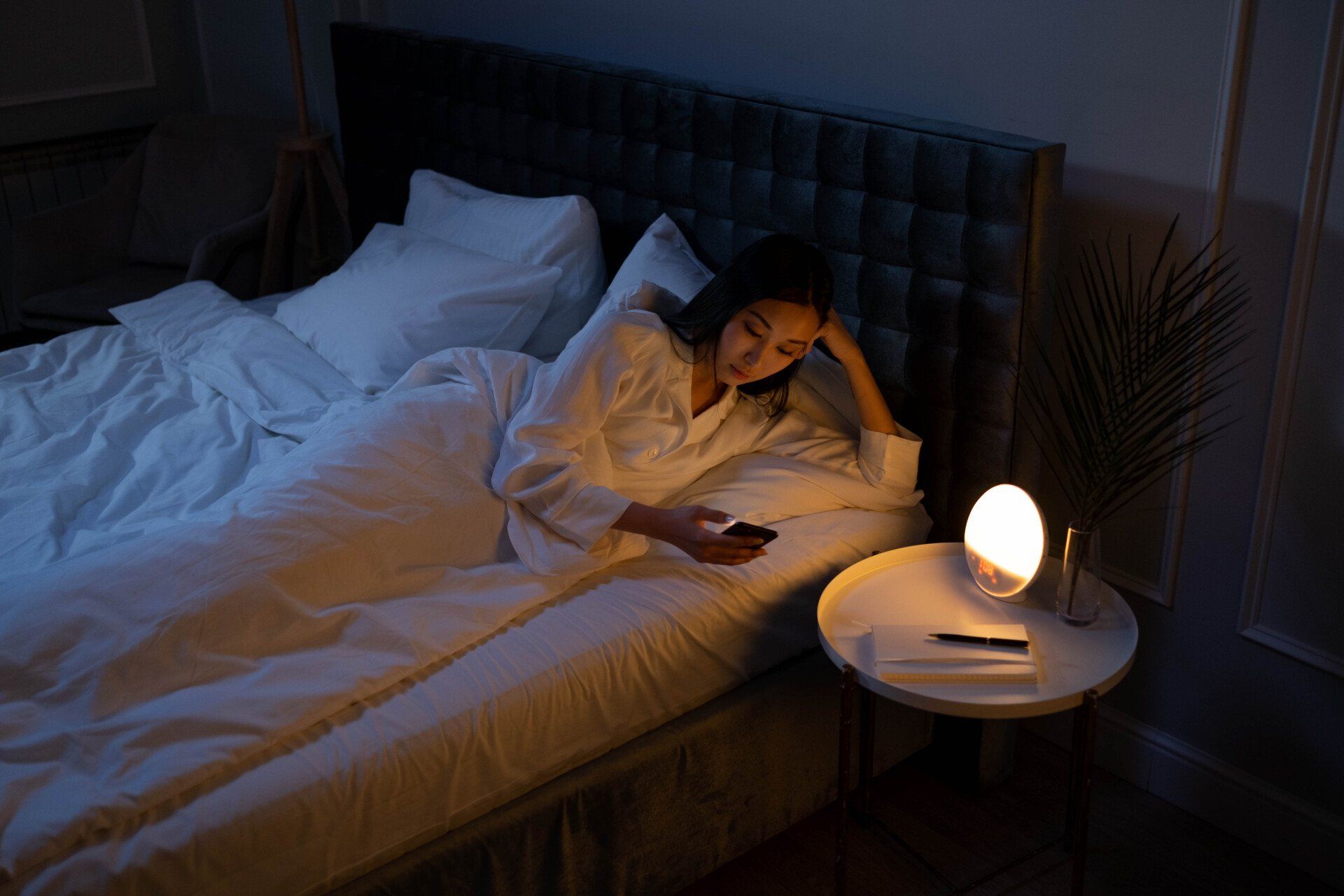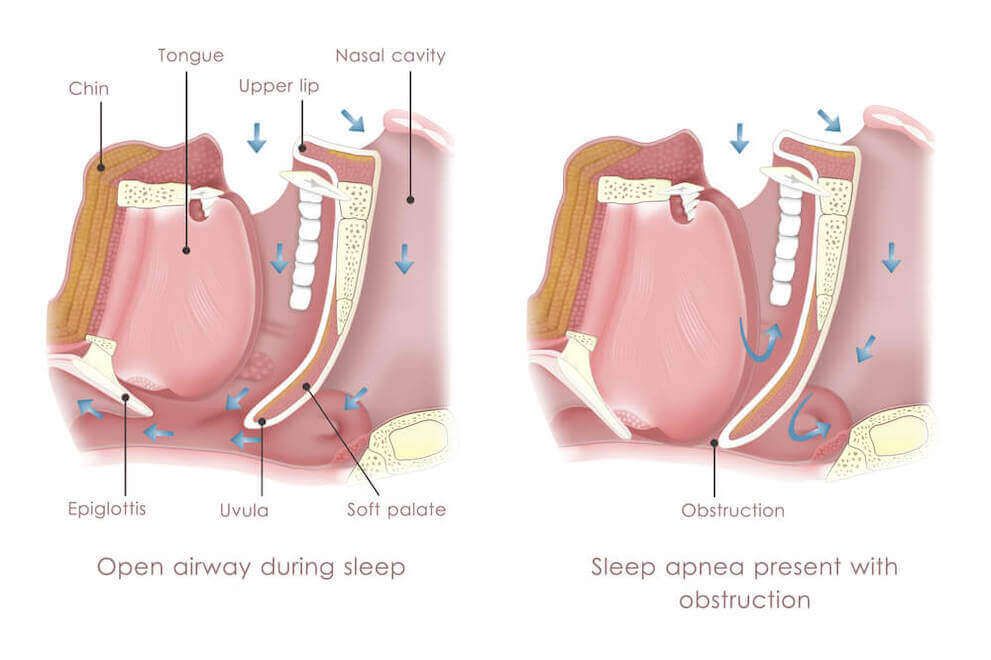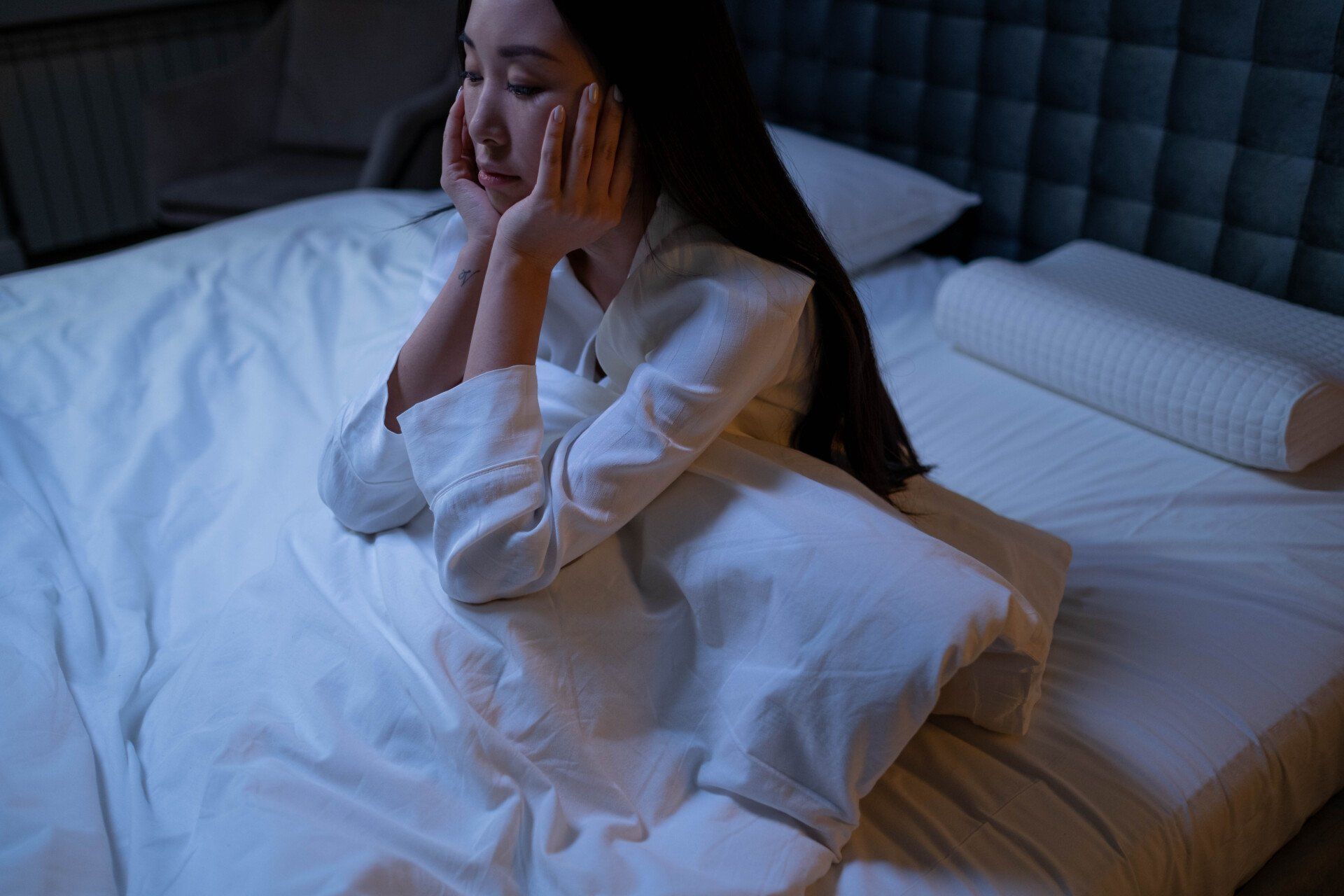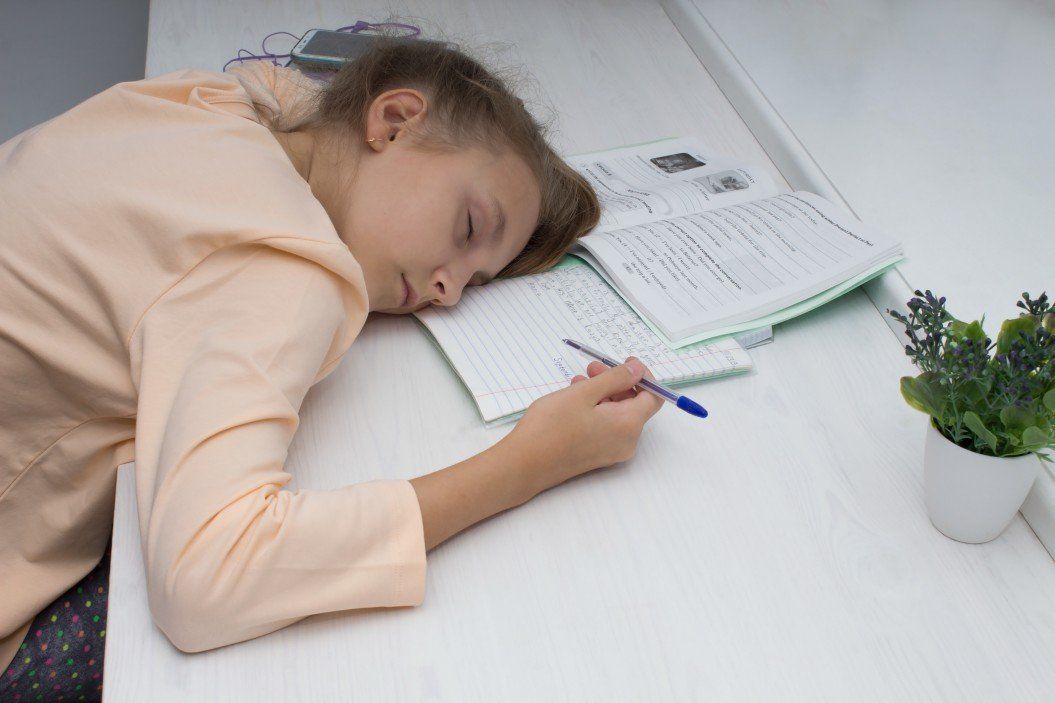About our Practice
Sleep Medicine
What is sleep medicine?
Sleep medicine is a medical specialty devoted to the diagnosis and treatment of sleep disturbances and disorders. Sleep Medicine Specialists focus on sleep problems and sleep disorders which can profoundly affect overall an individual's health and well-being.
Good health depends, not only upon getting an adequate amount of sleep, but also the quality of sleep. Sleep disorders can significantly increase the risk for accidents, headaches, poor concentration, work and school problems, depression and anxiety, weight gain, high blood pressure, heart disease, and diabetes. Knowing what disorders can be treated by a sleep medicine specialist will help you understand how sleep medicine can help you.


What are some common examples of sleep disorders?
There is a wide range of sleep disorders that can be treated by sleep medicine specialists. Some examples of common sleep disorders include difficulty falling asleep, interruptions in breathing during sleep, abnormal activity during sleep, and excessive daytime sleepiness.
The diagnosis of sleep disorders will involve a thorough review of your health history, with a major focus on your sleep history, and conducting a thorough examination. Typically, most sleep disorders will require a sleep study to diagnose. Depending on your clinical situation and suspected diagnosis, the sleep study could be performed at home or in an overnight sleep lab.





